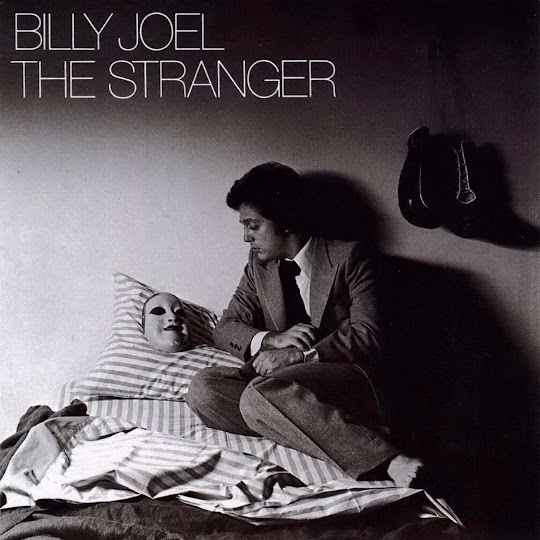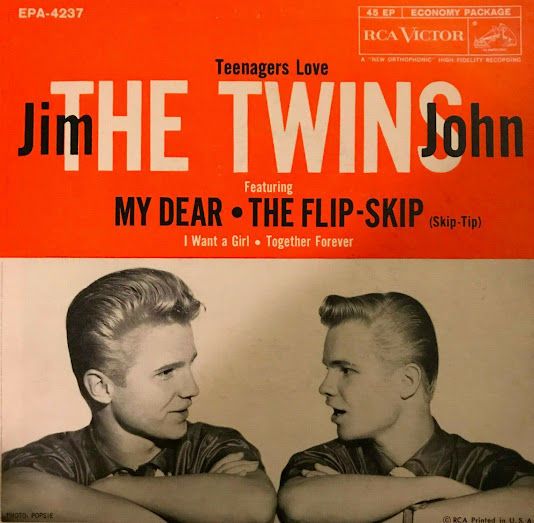02 Trains (5:56)
03 Lips of Ashes (4:39)
04 The Sound of Muzak (4:59)
05 Gravity Eyelids (7:56)
06 Wedding Nails (Instrumental) 6:33
07 Prodigal (5:32)
08 .3 (5:325)
09 The Creator Has a Mastertape (5:21)
10 Heart Attack in a Layby (4:15)
11 Strip the Soul (7:21)
12 Collapse the Light Into Earth (5:54)
13 Drown With Me (5:21)In Absentia is the seventh studio album by British progressive rock band Porcupine Tree, first released on 24 September 2002. The album marked several changes for the band, with it being the first with new drummer Gavin Harrison and the first to move into a more progressive metal direction, contrary to past albums' psychedelic and alternative rock sounds. It was very well received critically and commercially, with it often being considered the band's crowning achievement, and selling three times as many copies as any of the band's earlier albums.
While not a formal concept album per se, all of the songs still have common themes related to serial killers, youthful innocence gone wrong, death, murder, and criticisms of the modern world. Brainchild of Porcupine Tree Steven Wilson (who wrote every song) said of the title:
"It comes from... It's related to some of the lyrics. It's about people on the fringes, on the edges of humanity and society. I have an interest in serial killers, child molesters, and wife beaters... Not in what they did, but in the psychology of why. What caused them to become unhinged and twisted? Why are they unable to empathise? It's [In Absentia] sort of a metaphor - there's something missing, a black hole, a cancer in their soul. It's an absence in the soul."
The album's title evokes the same theme, with the phrase being Latin for "in absence" or "in one's absence", a term often used in relation to criminal proceedings that occur despite the absence of the defendant.
- BLACKEST EYES is about a boy who grows up to become a serial killer, using his van to ensnare victims.
- Although TRAINS is ostensibly about a boy waxing nostalgic about his love of trains, the lyrics suggest more of a train fetish, potentially using a train to either suicide or murder someone "when the evening reaches here you're tying me up, I'm dying of love..."
- Continuing to follow the theme of the album, LIPS OF ASHES is about a man in love with a woman (or vise versa) and the woman does not feel the same way about him. This drives the man insane and he murders the woman he loves in brutal fashion and now can spend the rest of his life with her lifeless body. Pretty dark.
- THE SOUND OF MUZAK is Porcupine Tree’s personal attack on the record industry (the "death" of musical creativity). Lashing out against soulless “ear candy,” the song paints an image of a very depressing future in which music continues to be watered down and created merely to make money, losing artistic integrity and originality.
- The tile of GRAVITY EYELIDS is apt, describing a narrator who is giving his victim(s) sedatives, with the intent of raping/murdering them as they lose consciousness.
- PRODIGAL details the final account of a victim of suicide.
- The song .3 seems to clearly be about nuclear Armageddon. Although no explanation for the title is given, it has been suggested the title is about WW3; others have more cleverly speculated it is a biblical reference to Armageddon: .3 = 3/10, 3/10 = 3:10 as in 2 Peter 3:10 ("But the day of the Lord will come as a thief in the night; in the which the heavens shall pass away with a great noise, and the elements shall melt with fervent heat, the earth also and the works that are therein shall be burned up").
- THE CREATOR HAS A MASTERTAPE is particularly dark, discussing a man who tortured and raped his own kids while recording it for his future enjoyment. It also suggests the indifference of God "The Creator had a mastertape, but he left it in a cab".
- HEART ATTACK IN A LAYBY details the last account of a man who pulls over into a layby (English for a pull-out or resting area on a main road) to rest because he isn't feeling well, without realizing he is actually dying from a heart attack.
- Another cheerful tune about a parent abusing and murdering their family, STRIP THE SOUL continues the disturbing theme of the album.
- COLLAPSE THE LIGHT INTO EARTH is a beautiful piano ballad with lyrics that are simultaneously loose enough to keep the relationship between the speaker and the subject up for interpretation, and obvious enough to tell us that it is about trying to stay strong in the face of an inevitable personal loss (perhaps the end of the world?). Wilson has indicated the events of 9/11 in the United States partially inspired the song, although it is not about this tragedy per se.
- The final track DROWN WITH ME closes with a murderer's account of drowning someone intentionally. The lyrics suggest the murderer may have already drowned the victim's other family members as well: "You're drowning in family there, when will you come up for air? Don't feel you let them down, 'cause they have already drowned".




.jpg)


















%20Concert%20Violin%20and%20Piano.jpg)

























%20-%20Twin%20Seats.jpg)

.jpg)




.jpg)











